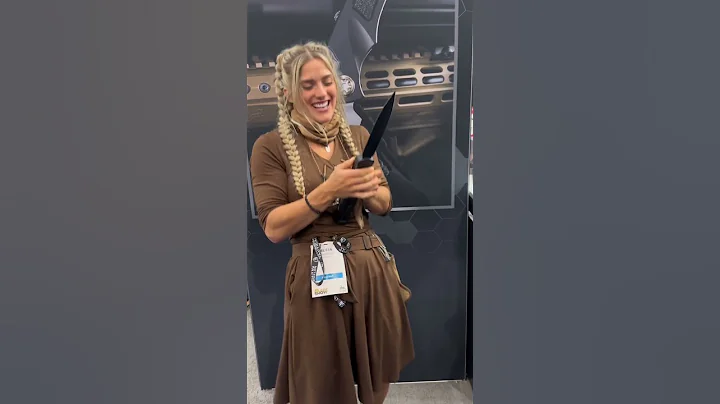Eight Banners originated from the hunting organization of the Manchu (Jurchen) people. It was the social life and military organization form of the banner people in the Qing Dynasty and the fundamental system of the Qing Dynasty. The Eight Banners system is consistent with the Qing regime. It is not only one of the important factors for the victory of the Qing Dynasty, but also makes the Qing Dynasty eventually decline and decline.

Ming Wanli twenty-ninth year (1601), Nurhachi rectified the organization, respectively headed by Niulu Ezhen, Jiala Ezhen, and Gushan Ezhen. The four flags of yellow, white, red, and blue were initially set up to form the four flags. In the forty-third year of Wanli (1615), four flags inlaid with yellow, white, red, and blue were added, and the Eight Banners system was established. Nurhachi began to set up the Mongolian flag during the Tianming period, and was compiled into the Mongolian Eight Banners in the 9th year of Huangtaiji Tiancong (1635). Huang Taiji first compiled the First Han Army Banner in the fifth year of Tiancong (1631), and completed the establishment of the Eight Banners of the Han Army in the seventh year of Chongde (1642). Collectively called the Eight Banners, they command the Eight Banners of Manchuria, Eight Banners of Mongolia, and Eight Banners of the Han Army. So far, the Eight Banners system has been perfected.

Before entering the customs, the yellow and inlaid yellow flags of the Eight Banners were directly controlled by King Khan (the emperor), and the other 6 banners were respectively controlled by King Khan’s nephew. In the eighth year of Shunzhi (1651), Dorgon died, and the Emperor Shunzhi took charge of his administration. He took the Zhengbai Banner under the jurisdiction of Dorgon and placed it under the emperor's command, thus forming the Upper Three Banners and the Lower Five Banners. At the beginning of the Qing Dynasty's entry into the customs, the Qing government adopted a large-scale "enclosure" activity, enclosing and occupying a large number of fertile fields of the people were assigned to the bannermen; the bannermen were exempted from taxes and labor. The preferential policies have caused the banner people's decadence and parasitism, causing their offspring to be ruined by riding and shooting, and even have "livelihood" problems. In the late Qing Dynasty, a large number of Baqizi brothers were reduced to tenant households, and even reduced to refugees, ruffians and rogues.
Manchuria's Eight Banners system, Ding Zhuang is a soldier in war, and a citizen in peacetime. In the Eight Banners, the highest official position in the banner is Dutong (Gushan Ezhen in Manchu language), and the rank is the first rank, the household registration, education, inheritance of officials, military training, etc. in charge of the first banner. Although all have great power, the real master of the Eight Banners is actually the banner owner. How high is the status of the flag holder? To give an obvious contrast example, there is such a plot in "Iron Teeth Bronze Teeth Ji Xiaolan": He Shen lost the face of Lord Jin in Lanzhou City, and was cleansed up by Lord Jin. Among them, Lord Jin has such a situation. In one sentence: "Even if I beg for food in the street, He Shen has to get off the sedan chair and kowtow to me". Who are

and Shen? Qianlong's first favorite minister, first-class Zhongxiang Gong, Wenhuadian University Fellow, Chief Cabinet Fellow, foreman military minister, official book, household book, criminal ministry book, court book of Lifan, director of the Ministry of Internal Affairs, head guard Dozens of important positions such as the Minister of the Interior and the Commander of the Infantry. The official position of He Shen was placed under one person and above tens of thousands of people in any previous dynasty. Why did this golden master dare to be so arrogant to He Shen? It's simple, because Heshen was born in Zhenghongqi, and this Jin Ye is the owner of Zhenghongqi.
There is a strict hierarchical system within the Eight Banners of the Manchu and Qing Dynasties. No matter who you are, what position you hold, or how many ranks you are in, as long as you are still in this banner, you have to lower the head of the banner. The banner owner can be said to be a super product. . In addition, this Jin Ye was two generations higher than Qianlong, and his status and status were placed there. It was not surprising that He Shen bowed down to him. Of course, TV dramas are TV dramas after all, with certain exaggerations and artistic elements. With the development of the Qing Dynasty, the Eight Banners system of Manchu and Qing Dynasty gradually declined in importance and power. After the fall of the Qing Dynasty, the Eight Banners' privileges were abolished, and many banner people who lost their economic resources and could not produce labor were poor and even men robbed women.











